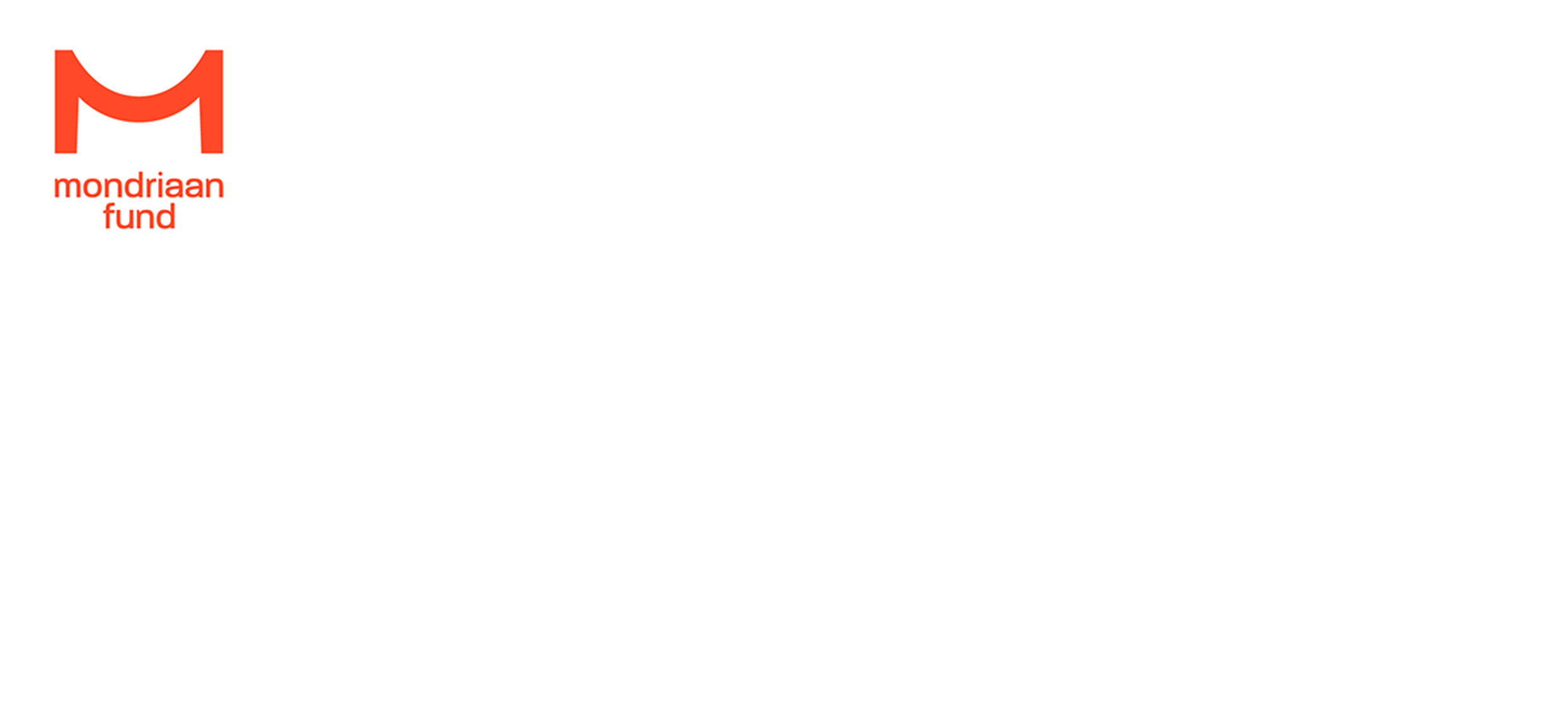Diego Tonus (b.1984, Italy) lives and works in The Hague (NL).
Within his artistic practice, Diego Tonus focuses on reproduction as a tool of investigation to question control systems and power structures by transforming images, objects and collective experiences he selects, in order to put them in a new process of thought and present their underlying structures of codification and normativity. Tonus’s mix-media practice is based on archiving seen as a form of obsessive and creative gesture. This method characterizes the artist’s way of observing events, through the making of sculptures, photographs, performance and film, articulating an approach that defines a process/time based artistic production. Either working with film or journalistic writing (whereby editing allows the re-telling of an individual experience by altering it), voice (wherein precise pitch and modulation techniques influence listener’s unconscious reaction), performance or sculpture (wherewith a specific subject and its history are questioned through the presentation of their new originals), the research of Diego Tonus analyses the balance between narrative’s modes and the content, showing or revealing how much narrative structure is, above all, an instrument of influencing and manipulation of both the public and the object.
Diego Tonus studied Visual Arts at IUAV University, Venice and received an MFA from Sandberg Institute, Amsterdam. Solo shows and presentations including those at Ca’ Pesaro Venice (2024); the CSAC Museum and Archive Parma (2023); Whitechapel Gallery London and Rozenstraat Amsterdam (2020, duo with artist Elisa Caldana); STROOM Den Haag (2019); Van Eyck Maastricht (2019); Ellen de Bruijne Projects (2018); ar/ge kunst Kunstverein Bozen (2017); De Appel Arts Centre (2015); Stedelijk Museum Bureau Amsterdam (2013) and Danish Pavilion, Giardini Biennale Venice (2011). He participated in numerous group exhibitions including at TENT Rotterdam (2020); Kasteel Oud-Rekem (2019); MAMbo Bologna (2018); Moscow Biennale (2018); Saal Biennal, Tallin (2017); 16th Rome Quadrennial (2016); WIELS, Brussels (2015); De Appel (2015); Van Gogh Museum (2015); CCA Singapore (2014); Palais de Tokyo, Paris (2013); Fondazione Sandretto Turin (2013) and Kunstverein Nürnberg (2013). His films were presented internationally including at the Hammer Museum, Los Angeles (2016); Whitechapel Gallery, London (2015) and Kunsthalle Gwangju (2011). Tonus has been awarded residencies at Jan Van Eyck Akademie, Maastricht (2017); at WIELS, Brussels (2014) and Spinola Banna Foundation, Turin (2011) among others. Tonus has been nominated for several awards including the PAC – DGCC (2022); Italian Council – MiBAC (2018); Performance Act Award, Trento (2015) and Add Fire – Furla Foundation Art Award, Bologna (2012). In 2015 he presented Five Cases of Intrusion, his first artist’s book (including a preface by Krist Gruijthuijsen) published by Archive Books Berlin. His publication I, the Dog of my Master (curated by Cornelia Lauf) published by Mer.Paper Kunsthalle, entered the Wisława Szymborska Archive in Warsaw. In 2018 the artist presented the publication The Presidents’ Hammers (curated with Lorenzo Benedetti) published by Roma Publications Amsterdam. In 2019 Tonus realized Fragments of a Conversation with a Counterfeiter (curated by Huib Haye van der Werf) on the occasion of the Italian Council Award, published by Roma Publications Amsterdam. In 2023 From State To State published by Electa.
SELECTED COLLECTIONS:
Public Collections: CSAC Museum and Archive Parma; MAMbo Museum Permanent Collection (Bologna); MAXXI Museum Permanent Collection (Rome); MoMA – Moscow Museum of Modern Art Permanent Collection (Russia); Centrale Fies Collection (Trento); Spinola Banna Foundation Collection (Turin); AGI Verona Collection (Verona).
Selected Private Collections: Croux Collection (Hasselt, Belgium); Rotschild Collection (Belgium); McCarthy and Sager Collection (New York); Cordis Collection (Verona, Italy); Schwarz Collection (Munich); Cochrane Collection (Turin, Italy); Lauf Collection (Rome, Italy); Dittrich Collection (Maastricht).
Supported by Mondriaan Fonds Amsterdam
Kunstenaar Basis 2024-2028
